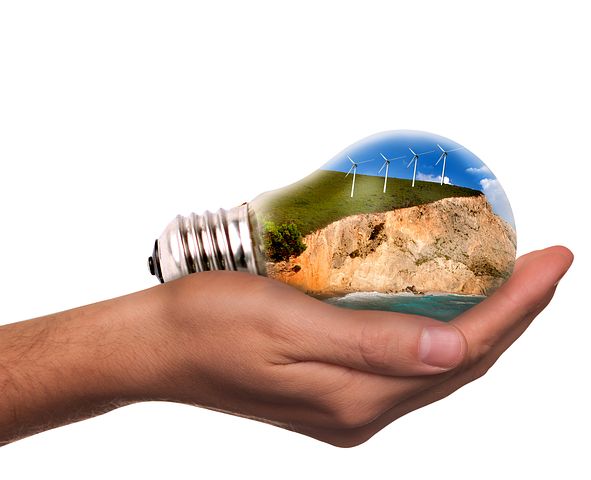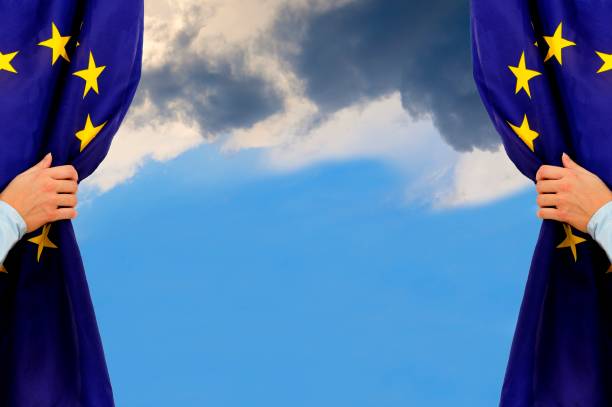The brief: News on the so-called fit for 55 package

The EU objective to reach climate neutrality by 2050 seems to not have all the tools necessary for industry so as to reach 2030 goals. It has indeed been strongly debated and discussed and needs to be further analyzed.
What it contains
This legislative package is a myriad of proposals to align the EU climate and energy policy framework with the new target of reducing net greenhouse gas emission by at least 55% in 2030, namely:
- the extension of the EU ETS to aviation and the maritime sector, and the proposal for a second ETS for buildings and road transport;
- a new target to increase the natural carbon sink to 310 Million tons and a new criteria to avoid unsustainable forest harvesting and to protect areas of high-biodiversity value;
- a new renewable energy target of 40% and a 36% new energy efficiency target for 2030;
- a 55% reduction of emissions from cars and 50% emission reduction from vans by 2030;
- a new carbon border levy on polluting imports;
- internalising the cost of pollution under the EU’s energy taxation.
What about industry
According to diverse industry leaders, it fails to address the biggest challenges of transforming European industries.
The proposed framework needs to strike the right balance between imposing economic burden on “Made in Europe” industries and rewarding investments in decarbonisation.
To deliver on 2030 goals, crucial investment decisions need to happen in the next few years. While industry is continuously investing in switching to renewable energy and improving energy efficiency, Commission proposals should maintain and create investor certainty.
Access to affordable clean energy is indispensable. All the while, strengthening the global competitiveness of the European sustainable circular business models remains a priority. A level playing field with third countries’ competitors is a must.

And…the future?
In the long run, forest biomass can be increasingly used as a renewable raw material for climate-friendly products and bioenergy, while a sink is maintained as an optimal solution. The co-legislators expressed similar expectations on the Forest Strategy.
Companies operating in industries across Europe will actively engage with co- legislators to create a stimulating policy environment so as to simultaneously thrive and meet the European climate goals.
